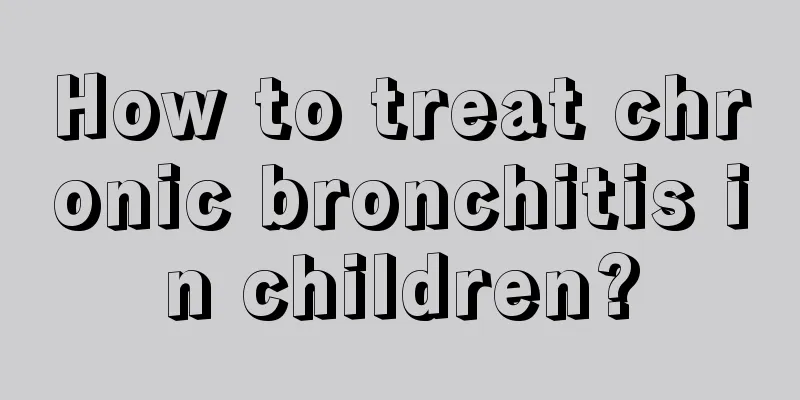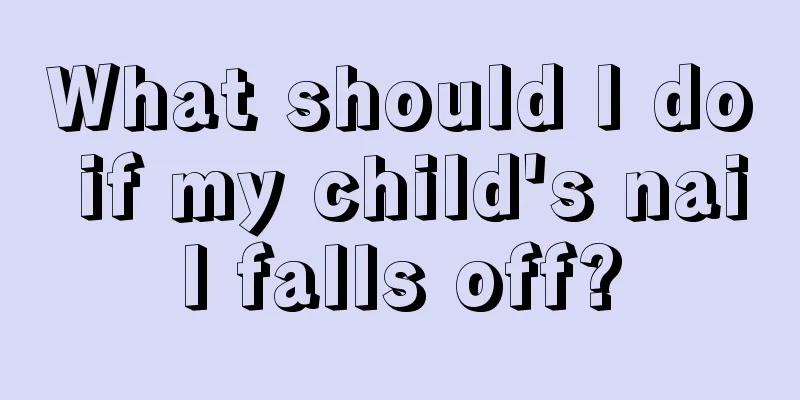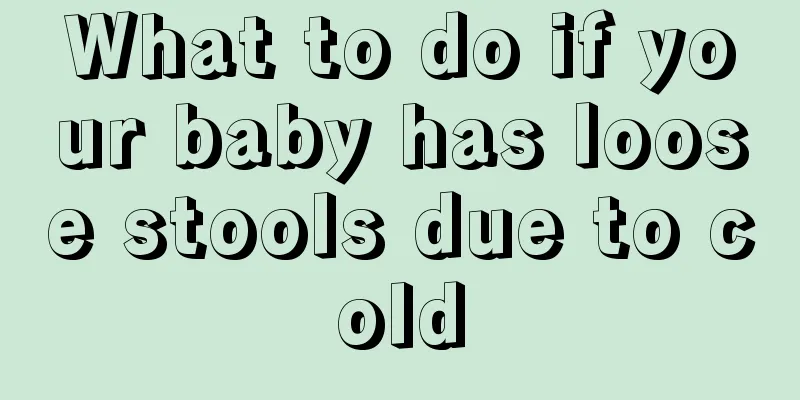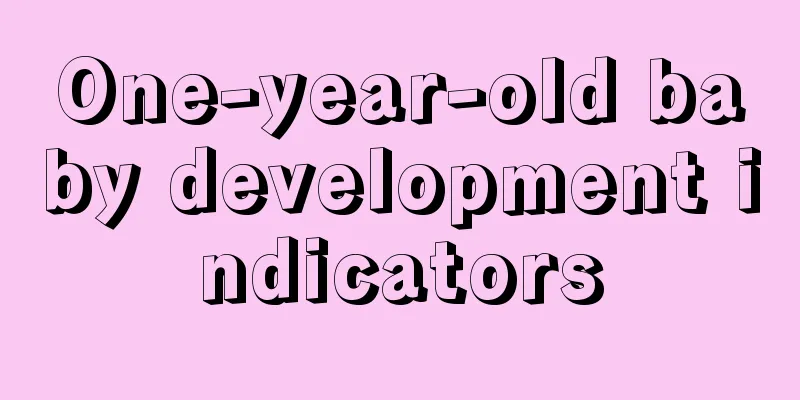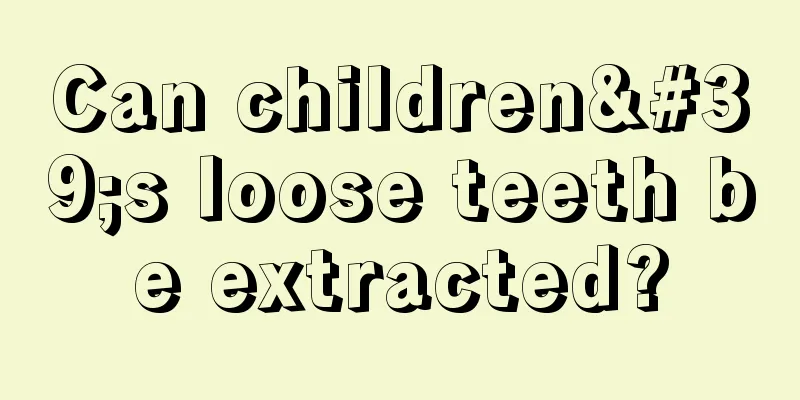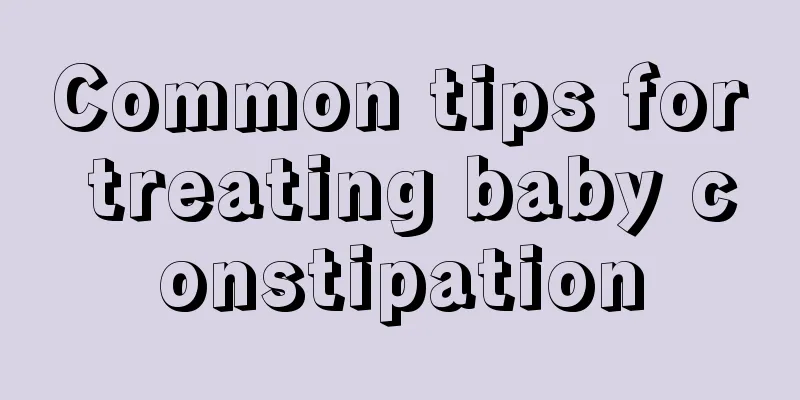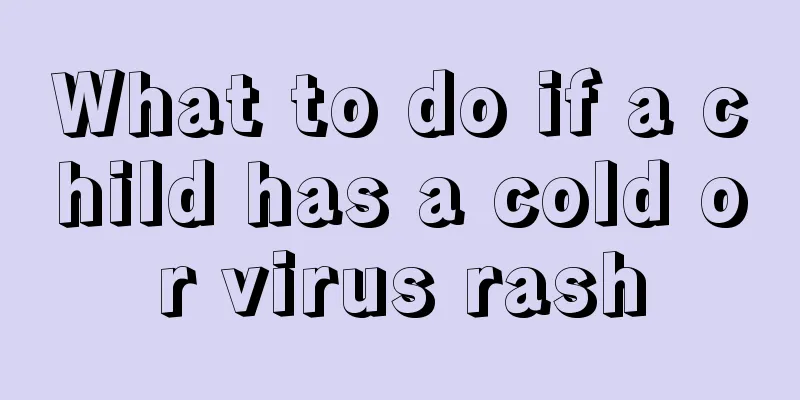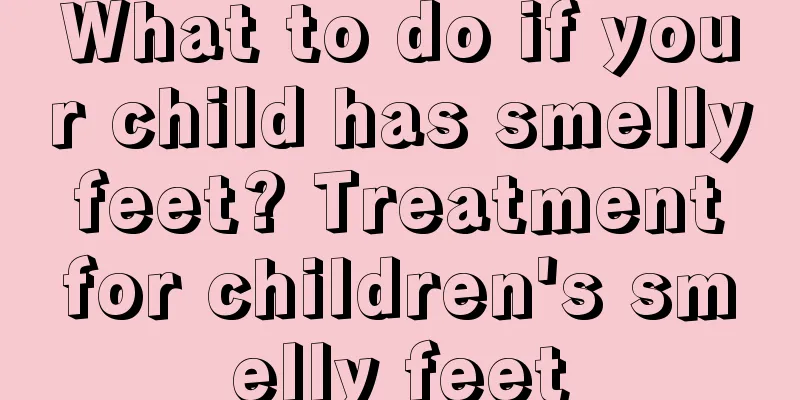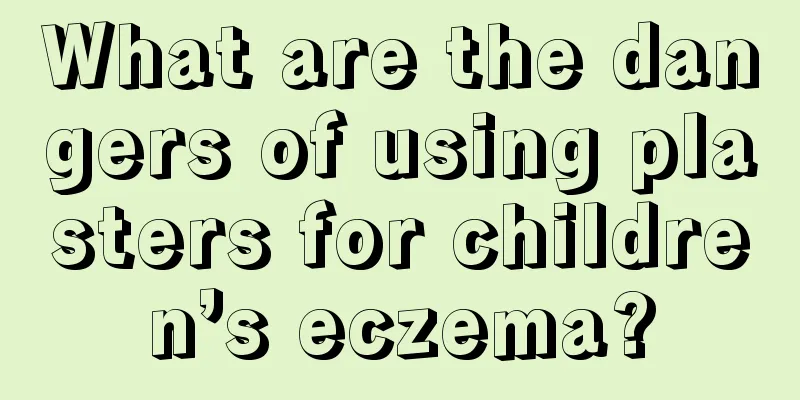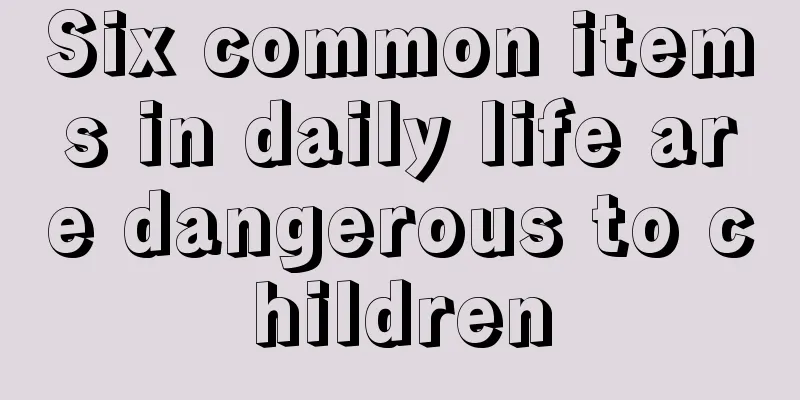What are the treatments for ADHD in children?
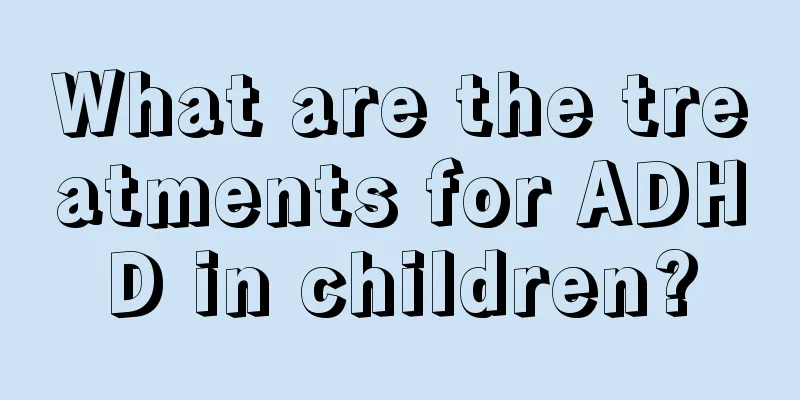
|
The high incidence of ADHD has become a very serious problem. When children develop ADHD due to psychological, environmental and other factors, it will have many impacts on their lives and studies. Inability to study seriously and lack of control over their own behavior are common symptoms. Treatment for ADHD can relieve symptoms and cure the condition. So what are the current methods for treating ADHD in children? 1. Psychotherapy There are two main approaches: behavioral therapy and cognitive behavioral therapy. The patient has poor relationships with peers, uses aggressive language and behavior toward others, and has poor self-control. Behavioral therapy utilizes the principle of operant conditioning to promptly provide positive or negative reinforcement to the patient's behavior, enabling the patient to learn appropriate social skills and replace inappropriate behavior patterns with new and effective behaviors. Cognitive behavioral therapy mainly addresses patients' impulsive problems, allowing patients to learn how to solve problems, identify whether their behavior is appropriate, and choose appropriate behavior. 2. Medication Medications can improve attention deficits, reduce activity levels, improve academic performance to some extent, and improve relationships with family members in the short term. (1) Central nervous system stimulants are the first-line treatment drugs that help improve attention. High doses can improve symptoms of hyperactivity and impulsivity and reduce behavioral problems. Central nervous system stimulants are limited to patients over 6 years of age. Because of its central nervous system stimulant effect, it should not be used at night. Side effects of the drug include decreased appetite, insomnia, headache, irritability and anger, and it is not yet certain whether it affects growth and development. Central nervous system stimulants may induce or aggravate tic symptoms in patients and are not recommended for patients with comorbid tic disorders. The issue of substance abuse must also be considered when using CNS stimulants for a long time. (2) Selective norepinephrine reuptake inhibitors have few adverse reactions and good tolerance, and have been listed as the first-line treatment for ADHD. Features: Administered once a day, the effect can last for 24 hours; long-term use, non-addictive; the drug takes a slower time to take effect than central nervous system stimulants, and generally takes 1 to 2 weeks to show its effect, so it is not suitable for ADHD patients who need acute treatment. The most common adverse reaction is gastrointestinal reaction, which requires taking the medicine after meals. 3. Behavior management and education Teachers and parents need to carry out effective behavior management and psychological education based on the characteristics of the patients, avoid discrimination, corporal punishment or other rough educational methods, and appropriately use praise and encouragement to improve the patients' self-confidence and self-consciousness. When parents and school officials determine that the child's condition or behavior has affected the child's ability to participate in learning, the child can receive intervention treatment in school. 4. Education and training for parents Education and training can be taken in the form of individual families or groups, and the main contents include: providing parents with a good supportive environment so that they can learn skills to solve family problems, learn to formulate clear reward and punishment agreements with their children, effectively avoid contradictions and conflicts with their children, master the correct use of positive reinforcement methods to encourage children's good behavior, and use punishment methods to eliminate children's bad behavior. The above are common methods for treating children with ADHD. Generally speaking, when the symptoms of ADHD in children are not obvious, it is not recommended for children to take medication for treatment, because there is a high probability of a relapse of the disease after the medication is stopped. Parents can communicate well with teachers and control their children’s behavior through discipline at home and school so that the symptoms can be slowly controlled and disappear. |
<<: How to get children to eat more vegetables
>>: How do you know if your child has ADHD?
Recommend
Can children do moxibustion?
The growth and development of children is a criti...
Red rash on child
Skin rashes can make people feel very scared, bec...
Does adequate sleep help babies grow taller?
Babies need a lot of nutrition during their growt...
Will children grow taller by taking a nap?
Some children always feel that they are very shor...
Is it normal for a newborn to have smelly farts?
It is a very normal physiological phenomenon for ...
Is it okay for a child to take a hot bath when he has a fever?
Children have poor constitutions and weak resista...
The order of tooth development in children
Children's bodies need the care of their pare...
What are the symptoms of laryngitis in children?
Pharyngitis is a common disease in children, espe...
What to do if premature babies have anemia
In life, premature babies are very common to suff...
What to do if your child has herpes
Many children are prone to herpes when they are y...
What to do if your nine-month-old baby has rhinitis
Rhinitis is a very common disease. I believe that...
What is the cause of bleeding in the newborn's belly button?
Bleeding from the navel of a newborn is a common ...
What to do if a five-year-old child has anemia?
Anemia is not unfamiliar to most people, because ...
What are the precautions for children's winter diet
Everyone knows that a child's physical consti...
Reasons why your baby's urine is yellow
As parents, when our babies have yellow urine, we...
